Music and poetry have been beautifully wedded in the songs of dusk in Hindi film songs where words become perfect pegs to showcase music aesthetically. The collapse of the dying day or anti-aubades is viewed by songwriters in Mumbai film industry with varying moods. Shaam could be a prelude to seduction, of frivolous banter, a time for gloom and despair or a euphemism for impending death. Mamta revisits the melodious songs of dusk from the 1950’s to the 1970’s, exclusively for Different Truths.
Dusk is the time when the light is partly revealing and partly veiled; when the bright day is coming to an end but the light is not discarded fully and the darkness has yet to unleash itself. This period of twilight has drawn poets and lyricists towards it as a subject matter.
Music and poetry have been beautifully wedded in the songs of dusk in Hindi film songs where words become perfect pegs to showcase music aesthetically. Most of the lyricists in Mumbai film industry have been stalwarts in the field of Urdu poetry like Sahir Ludhiyanvi, Majrooh Sultanpuri, Kaifi Azmi, Shakeel 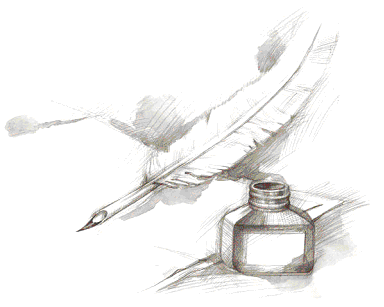 Badauni, Javed Akhtar, and Gulzar. Writing songs for films, they have immortalised dawn.
Badauni, Javed Akhtar, and Gulzar. Writing songs for films, they have immortalised dawn.
The collapse of the dying day or anti-aubades (aubades being dawn) is viewed by songwriters in Mumbai film industry with varying moods. Shaam could be a prelude to seduction, of frivolous banter, a time for gloom and despair or a euphemism for impending death.
The popular song of dawn, in the black and white era that was peppy and swayed millions of fans to its tune, was the coquettish number Sham dhale khirki tale tum seeti bajana chor do from Albela (1951), sung by evergreen Lata and C. Ramchandra and picturised on the agile Bhagwan and the effervescent Gita Bali. The song was written by Rajinder Krishan and set to tune by the maestro C.Ramchandra.
https://www.youtube.com/watch?v=lxyLYo10Jco
A sombre note at dusk was struck by Nargis on screen, where she pines for her love on a lonely evening hour. Yeh sham ki tanhaiyan was a stirring song from Aah (1953). The song was sung by Lata Mangeshkar, the lilting tune was by Shankar Jaikishan, penned by Shailendra. Another song that strikes a melancholic chord was from the period film Jahanara (1964). Phir wohi sham wohi gham by pensive Talat Mehmood was a song that is still capable of moving listeners with its dripping sadness. In this Mala Sinha, Bharat Bhushan, Prithviraj Kapoor starrer, the music was by Madan Mohan and the heart-wrenching lyric was written by Rajinder Krishan.
The beloved has either scorned or jilted; the evening sets in and the despondent lover drowns his sorrows in alcohol – this may be a typical sequence from a Hindi movie but what makes the situation indelible in the minds of the admirers is the lyrics, with a tune set to perfection. Hui Sham Unka Khyal aa gaya (1968), written by Majrooh Sultanpuri, with music by Luxmikant Pyaarelal in the movie Mere Humdum Mere Dost, starring Sharmila Tagore, Dharmendra, and Mumtaz. It was a cult movie, remembered for its hummable songs.
https://www.youtube.com/watch?v=IHPxU4TgnvE
The gloaming or crepuscule hour as dusk is called, has a mellifluous song from Shagoon (1964), Parbaton ke pedon par starring Waheeda Rehman and Kamaljeet. Filmed on the iconic Nainital Lake, this song was sung by Suman Kalyanpur and Mohammed Rafi. The brilliance of Khayyam’s music resonates in this haunting melody and so does the penmanship of Sahir Ludhiyanvi. Ek Haseen Sham ko from Dulahan Ek Raat Ki (1967) by Mohammed Rafi, composed by Madan Mohan Kohli and written by Raja Mehdi Ali Khan, with Nutan and Dharmendra to add sizzling chemistry onscreen, is a song that will remain immortal in the list of evening love songs. Another song, Tumhari Zulf Ke saaye mein sham kar loonga from Nau Nihal (1967) oozes of romantic possibilities with Sanjeev Kumar as the Hero, sung by Mohammed Rafi caressing voice under the baton of Madan Mohan and Kaifi Azmi’s enchanting verse.
Jeetendra, known as Jumping Jack and pretty Leena Chandravarkar pranced on the badminton court, in skin tight clothes singing Dhal Gaya Din Ho gayi sham in Humjoli (1970) to the tune of Luxmikant Pyarelal, with lyrics by Anand Bakshi. The song, full of allure and charm, was popular for its simplicity of expression.
In the 70’s, movie audience was under the spell of the phenomenal Rajesh Khanna, popularly known as Kaka. Rajesh Khanna could beguile the viewers with searing gloom in Khamoshi (1970) Woh sham kuch ajeeb thi where Kishore Kumar sang for Rajesh Khanna and the song was penned by Gulzaar, with Hemant Kumar as the Music director. Kaka could burst into joyous Yeh sham mastani madhosh kiye jaaye (1971) with élan in Kati Patang, a Shakti Samanta movie where a combination of R.D. Burman and Anand Bakshi topped the box office charts the entire year. Giving evening a darker edge Rajesh Khanna pulled at viewers heartstrings with Kahin door jab din dhal jaye (1971) a song rich in imagery by the evocative pen of Gulzaar, the voice of Mukesh and the music of Salil Chaudhry. Another Rajesh Khanna starrer, Amar Prem (1972) co-starring Sharmila Tagore Raina Biti Jaye, Shyam na aaye had a beautiful evening song set to Raag Gurjari Todi by maestro R.D. Burman, with soul-stirring lyrics by Anand Bakshi.
Last but not the least, Roz sham aati thi from Imtihaan (1974) starring Vinod Khanna and Tanuja offered so much of positivity with dusk as a powerful force in transforming life. The emotive lyrics were by Majrooh Sultanpuri, set to music by Laxmikant Pyarelal.
The nebulous properties of dusk, with its seductive promises, anxieties, and fears are made immortal by these evening songs from the 50’s to the 70’s soaking in varying moods. The blend of music direction, the power of lyrics the vocalist and the presentation on screen is so well balanced that one enriches the other to create a total whole. These songs may or may not have topped the charts but they have managed to stir our lives and evenings have never been the same again.
©Mamta Joshi
Photos and video links from the Internet
#HindiSongs #HindiCinema #SongsAboutDusk #Shaam #Gana #MoodsOfDusk #IndianCinemaSongs #Cinemascope #DifferentTruths


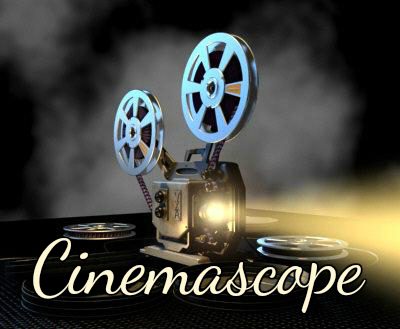

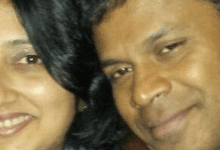

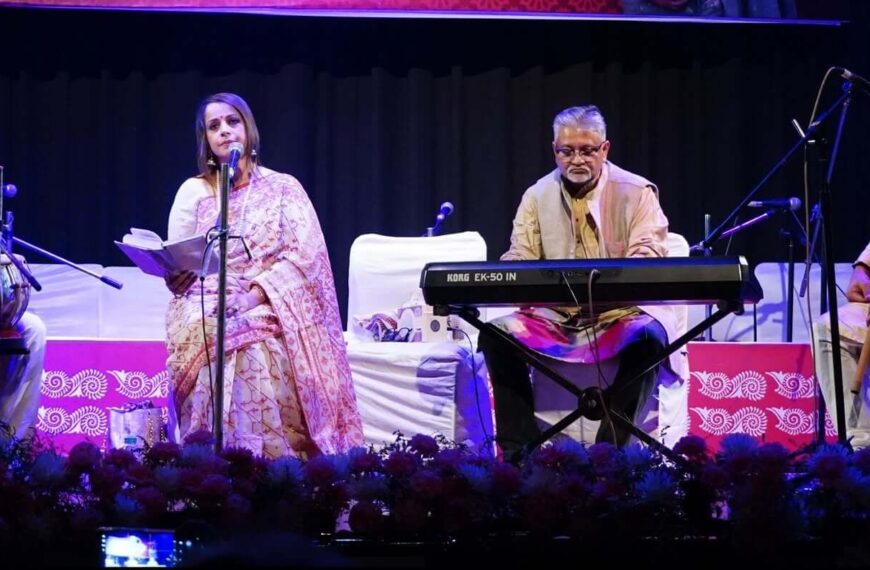
 By
By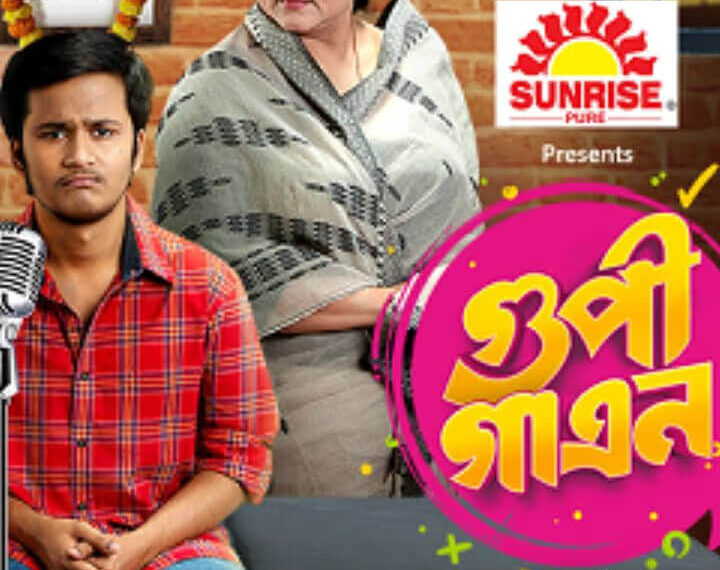
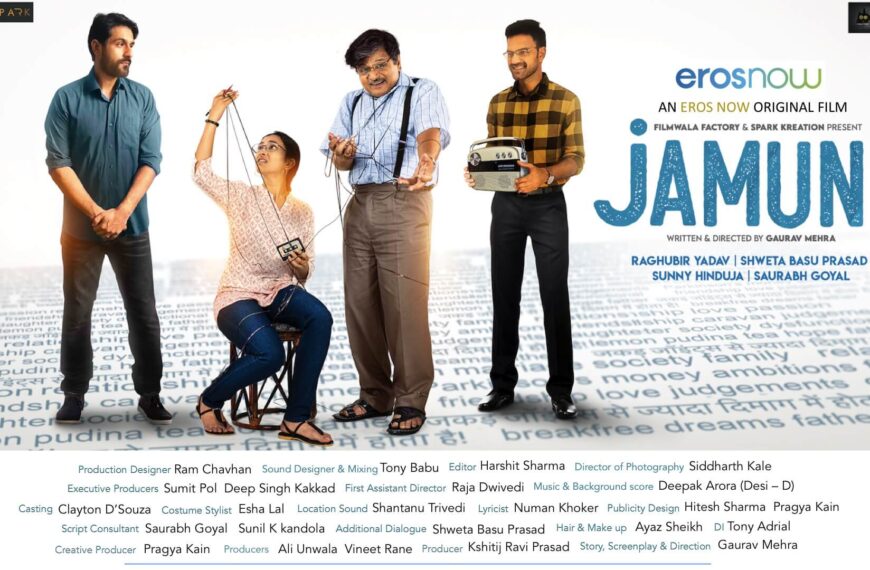
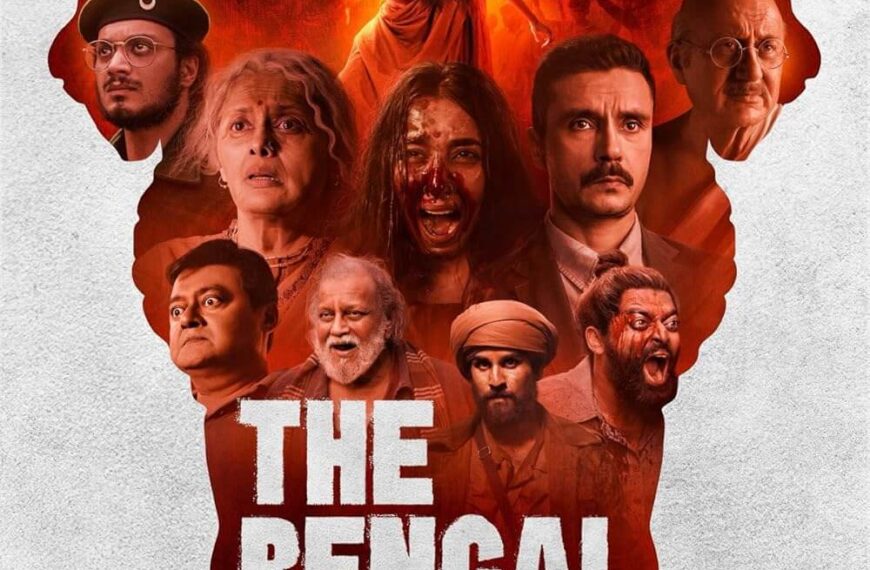
 By
By